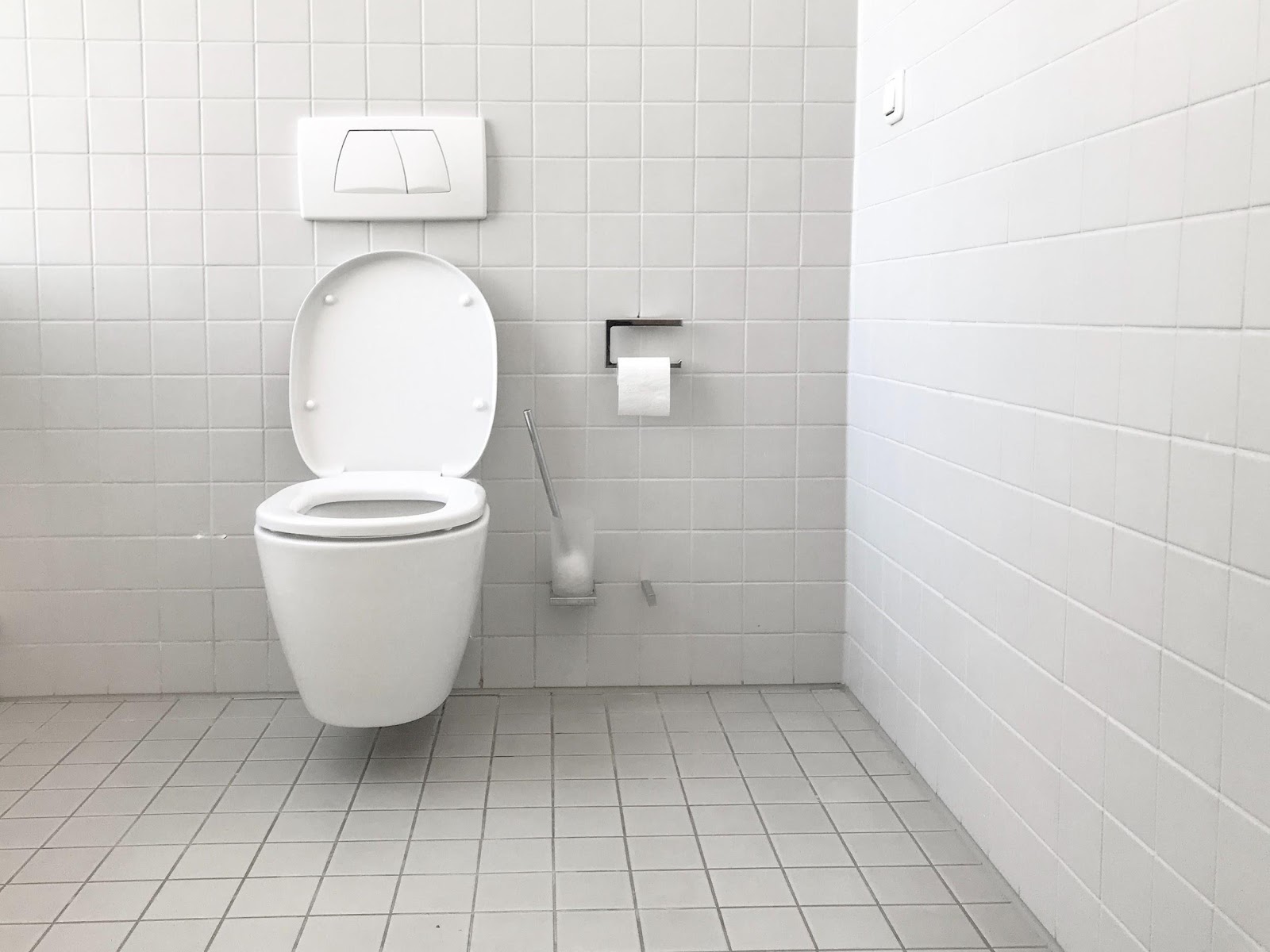

5 LIFESTYLE CHANGES THAT WILL HELP WITH YOUR URINARY INCONTINENCE

Urinary Incontinence is quite a painful and embarrassing condition to have. It refers to the loss of bladder control, which could vary from a slight secretion of urine after sneezing, coughing or laughing, to a complete inability to control urination.
What causes Urinary Incontinence?
Urinary incontinence could be temporary as well as an indicator of an underlying cause. Temporary causes of urinary incontinence are due to alcohol consumption, stress or extreme anxiety, consumption of caffeine, carbonated drinks, etc. It could also be a sign of urinary tract infections or constipation.
In the longer run, it could also be an indicator of prostate cancer and is quite common during pregnancy, childbirth, post-hysterectomy, menopause, and neurological disorders. Women are more at risk for urinary incontinence and the condition becomes more frequent as age and weight increase.
There are broadly four types of incontinence:
a. Urge incontinence which is due to an overactive bladder
b. Stress incontinence due to improper closure of bladder
c. Overflow incontinence due to blockage of the urinary bladder
d. Functional incontinence is caused due to other medical conditions
What can I do to control this?
Urinary incontinence is clearly quite a difficulty. It can lead to complicated urinary tract infections, skin problems including fungal infections and rashes, and also have a bad impact on your social life and relationships. However, you can actually control this condition by making some simple lifestyle changes.
1. Avoid caffeine, sugar, and acidic foods
Stay away from the foam and fizz! We all know the ill effects of sugary drinks and all the health complications it leads to. It's time to really be firm about saying no to aerated drinks.
Though coffee is quite a sustenance substance with the fast-paced work we do, if you're suffering from urinary incontinence, it is best to avoid it for the time being. This can go a long way in re-establishing a balance in your body.
Similarly, when the acidic level of your body is too high, it leads to excessive bile production which is stored in the gallbladders. Most foods with caffeine, alcohol, and soda promote acidity. When acidity levels are high, it leads to cystitis and gallstones.
2. Avoid Alcohol, Quit Smoking
Here's yet another pointer against the consumption of alcohol- not only does it make you clumsy, nauseous, and sick, but it also affects your excretory system. This is no surprise considering alcohol is one major reason for kidney failures and other related problems. As previously mentioned, alcohol increases acidity levels in your body, consequently leading to urinary incontinence.
Just like alcohol, smoking comes with a plethora of diseases and complications that can be absolutely avoided. While it is common knowledge that nicotine acts as a laxative, smoking can have adverse effects on your urination. It not only bothers the bladder to cause excessive and uncontrollable urination, but it also causes coughing spasms which make you very susceptible to leakage.
3. Have an Alkaline Rich Diet
The foundation of alkaline foods are greens and colorful fruits and vegetables. When we consume too much acidic food, the body uses minerals such as calcium, phosphorus, and magnesium to balance the pH. Where does this come from? Our bones and teeth and organs! As a result, the immunity and strength of our body decrease to a great extent. Alkaline foods cleanse the urinary system and this is a huge bonus if you're experiencing urinary incontinence.
4. Eat more Fibres and Drink Water
While it is easy to assume that drinking more fluids makes urinary incontinence worse, limiting fluid intake can cause a lot more problems as it shrinks your bladder's capacity. Make sure that you drink enough water so that you avoid complications like constipation which further aggravates urinary incompetence. Fibers have also proven to improve the effectiveness of your excretory system.
5. Do the Right Exercise
Pelvic floor exercises are extremely useful in controlling leaks. They help you tighten your muscles and also gain control over any embarrassing spasms and leakage. Pilates strengthens your core muscles and this helps in controlling stress incontinence, which is when any physical activity causes stress on your bladder.
High-impact exercise and sit-ups direct all the pressure to your pelvic muscles. Such exercises will strain your already under-stress pelvic muscles, so it is in your best interest to avoid aerobics or jogging in such situations. Avoid lifting as it causes similar effects on your system.
These are just a few simple and effective steps that you can easily incorporate into your lifestyle to bring down any leakage. Take a step towards better health today!














